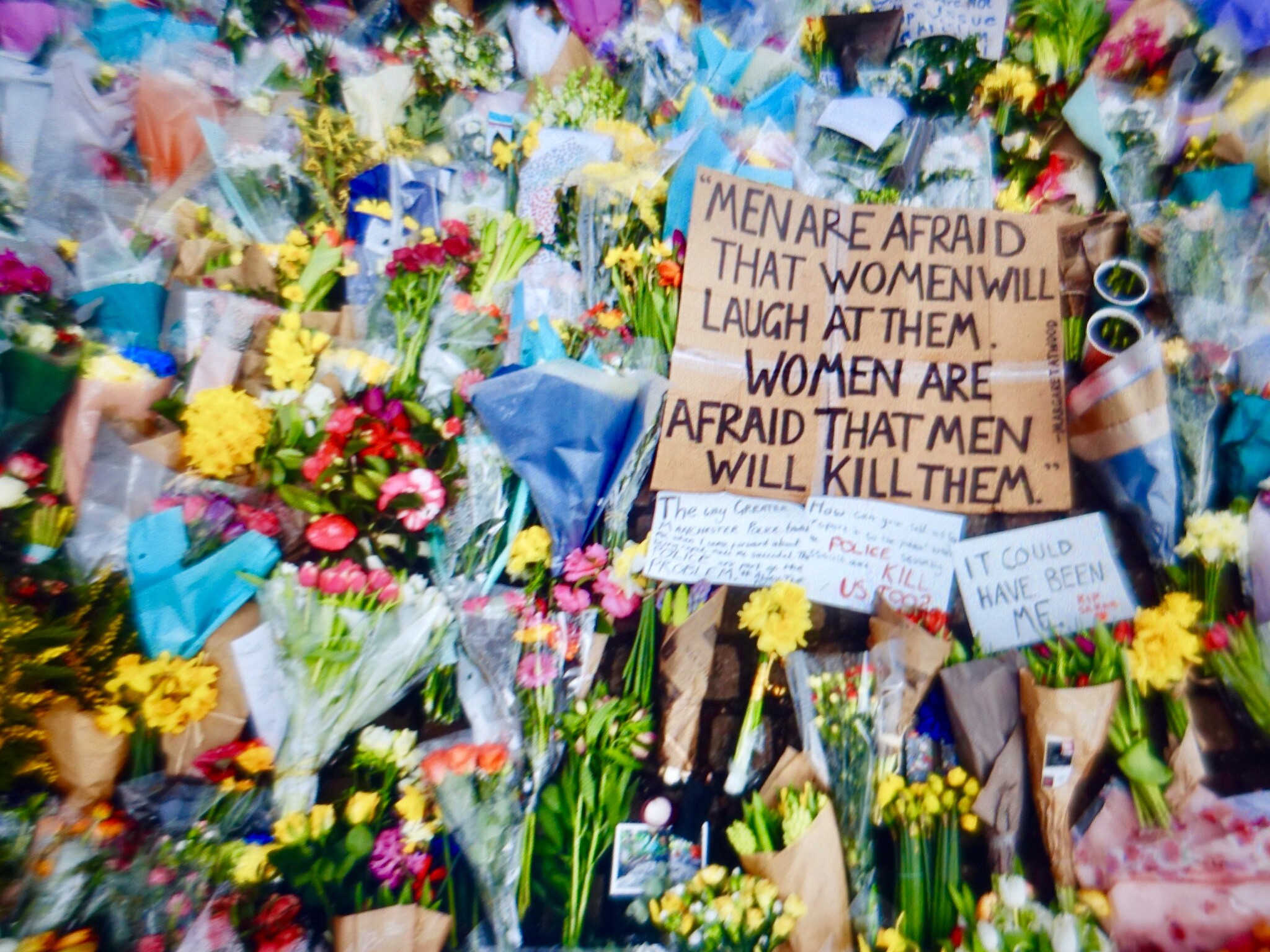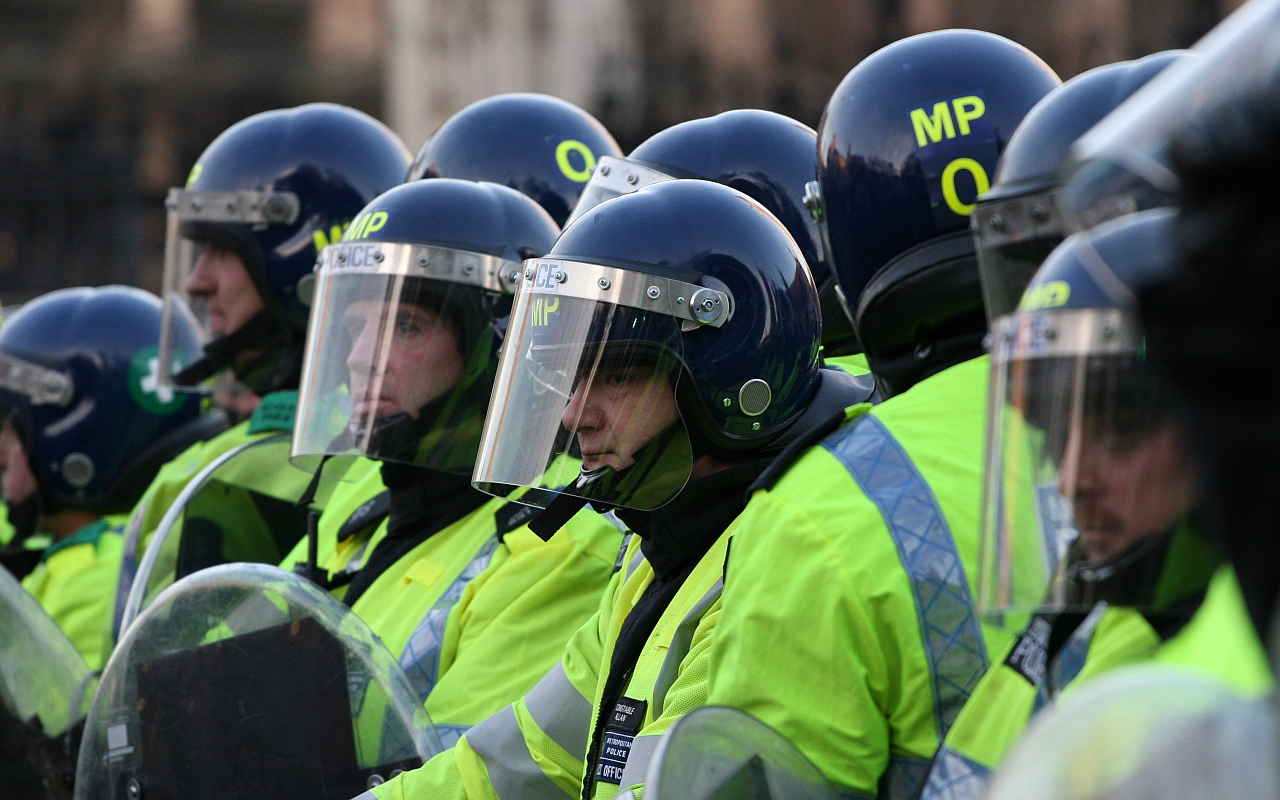Protest is one of the most powerful forces people have against a government. The sight of thousands of people marching down streets, crowding against each other as they move towards seats of power, with their shouts of condemnation echoing across the boulevards, is an intimidating one, even to the most well-guarded of leader. It makes their opposition seem real, and gives courage to a society’s more timid members, who can take confidence in the anonymity of a crowd.
This is one of the ways in which Putin has, for so long, kept a tight grasp on power in Russia. He has brutally suppressed dissidents like Alexei Navalny, the de facto leader the of the opposition, and punishments handed out to those who have followed his example have done much to deter rebellious-minded citizens. It is only with his attempted genocide of the Ukrainian people that Russians have begun to venture out en masse, gathering in Moscow’s Kremlin Square, preferring arrest to accusations of complicity. But while it is mostly autocrats who have most effectively learnt the lessons about protest and freedom of speech, they are not alone. The pandemic has given authoritarian-minded leaders in democracies the cover they need to choke off the right to protest.
For those who organised the #ReclaimTheseStreets march, a protest condemning violence against women and girls, this something they are well aware of. In the aftermath of Sarah Everard’s kidnap and murder by Wayne Couzens, a Metropolitan Police officer, Reclaim These Streets (RTS) tried to organise a vigil-cum-protest on Clapham Common. Their efforts were given short shrift by the Metropolitan Police. Despite being earnest in their efforts to comply with the broader Covid regulations, whether by wearing masks or maintaining some sort of social distancing, officers repeatedly fobbed them off. The regulations gave them no leeway, apparently, they had to operate a policy that ‘prohibit[ed] all protest…in public outdoor spaces’. It is difficult not to wonder if they had taken the abrasive attitude of some of the other protests, like the anti-vaccine parade through the streets of London with Piers Corbyn, if they may have had more success. It is even more difficult not to wonder if a less misogynistic police force might have engaged with the organisers with more respect.
As the High Court ruled this month, the absolute approach taken by the Metropolitan Police was nonsense. Even though the coronavirus was still raging last summer, with the government holding back the tide of everyday life – gathering indoors was forbidden, as was meeting friends or venturing out without a mask – the restrictions were not an impermeable barrier. This was particularly the case for issues that went to fundamental rights, like protest and free speech. The police needed to consider if there was a ‘public health justification’ to do so, while still trying to ensure the protesters could make their voices heard. They were not supposed to stomp all over the right.
But this is what the police did. All the evidence submitted to the court made it overwhelmingly clear that every one of the decision-making officers was of the same view – the ‘proposed vigil was…fundamentally in contravention of the restrictions’. As Justice X found, they took a ‘simplistic approach’ that failed to consider whether the ‘freedom to speak and gather’ might provide a legitimate excuse. And given that Bindmans, the ‘Reclaim These Streets’ lawyers had emphasised the principles on protest set out by the Supreme Court in a recent judgment, Ziegler, and the Court of Appeal’s decision on the legality and application of the coronavirus regulations in Dolan, there was little excuse for the police’s obdurate refusal to engage with #ReclaimTheseStreets.
You would have thought the Metropolitan Police would be desperate to draw a line under this affair. After the scenes that broke out on Clapham Common, when the vigil-turned-protest spontaneously erupted despite being cancelled by the official organisers, ensuring that the police officer’s actions remained firmly in the back of the nation’s collective mind would surely be the aim. No officer should want to remind people of how male police officers brutally manhandled and arrested women protesting against male violence. Yet it would seem that vestiges of Cressida Dick’s appalling leadership of the Metropolitan Police still linger. Rather than accept the judgment, and consider how to better balance the demands of policing while upholding human rights, the Met have decided to appeal it.
This choice will further enflame the issue of women’s rights, with headline after headline since Everard’s murder revealing that misogyny is still rife in the capital’s police force. But as well as this, the decision to appeal shows that the Metropolitan Police are unable to reconcile themselves to the notion that they violated the free speech rights of the would-be protesters. On this, they would seem to be of one mind with the government. At the time of the protest, Priti Patel, the Home Secretary, encouraged the force to take a hard line, and the government has continued to push forward its bill that would suppress the right to protest.
Given Vladimir Putin is marching his troops into a sovereign country, laying waste to cities in pursuit of a monomaniacal vision of Slavic unity, it may seem hyperbolic to compare the actions of his government to that of ours. But even if Russia’s methods of suppressing free speech are more brutal and terrifying, they have much the same outcome. The protest bill, which gives the police wide latitude to forcibly break up protests, or stop them in the tracks, will chill speech. Anyone protesting will know that they face arrest and prosecution not according to the law, but according to the discretion of the officers before them.
Much as how journalists long to speak out against Kremlin-funded billionaires, but are prevented by the ostensibly lawful actions of these kleptocrats’ lawyers, so this bill will give the police the lawful means to prevent people from exercising their fundamental rights. And the decision of the Metropolitan Police Force to appeal against a judgment that their lawyers should have told them was inevitable some time ago shows that they cannot be trusted to exercise this power responsibly. Instead, they will take the opportunity to wield their truncheons against protesters. Or at least people will be afraid that they might. And that fear alone will be enough.








